But I Read it on the Internet! is the perfect book in using the Internet for research for building expository writers. Mrs. Skorupski shows her students how to decide when the Internet is reliable. Her students want to answer the question,"Did George Washington have wooden teeth?" The children soon learn that not everything the read on the Internet is true.
Introducing the Activity
- Ask your students if they have ever read information on the Internet that wasn't true.
- How did they know it wasn't true?
- How did they prove that the information wasn't true?
- Ask your student what they look for when they are evaluating a website? photos? content? who wrote the article?
Expository Writing
Expository writing is defined as presenting reasons, explanations, or steps in a process. Students need to be knowledgable about the subject and be able to give details and examples. This is why students need to learn how to evaluate websites and check the facts. But I Read it on the Internet! provides students with a fun topic to prove if it's a true fact.Follow-Up Activity
- Give students a simple topic for expository writing.
- Complete the KWL chart. Use red and yellow highlighters to highlight items on the chart. (yellow means proceed with caution and red means challenge the item)
- Then, choose 1 red item, 1 unhighlighted item, and 1 yellow item to find out if the facts are true. Students will use skills they learned in Evaluating Websites for the activity.
- Use the Citing Sources to document the sources and take notes about the topic.
Here's a great video in helping your students evaluate websites. It helps students gain understanding that with expository writing, they are writing facts and not opinions.
Download Your Free Product
To learn more about distinguishing between Real and Fake News, click HERE. For your FREE RESOURCE to go along with But I Read it on the Internet!, click HERE or on the image below.
To purchase Writing Traits Posters for your classroom, click HERE or on the image below.
Want others to learn about building expository writers with mentor texts? Click to share out this image for others to benefit from it, too!












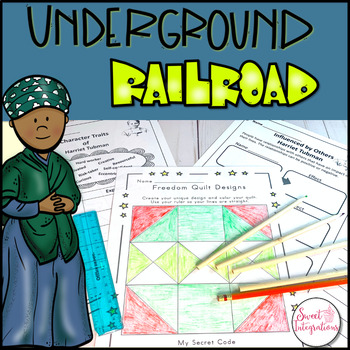
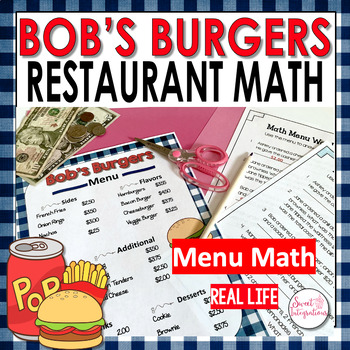

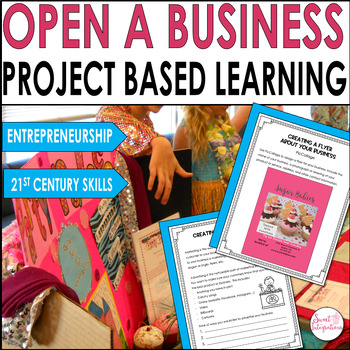
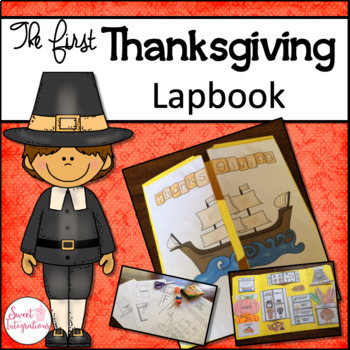





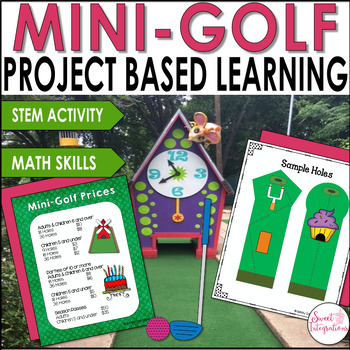
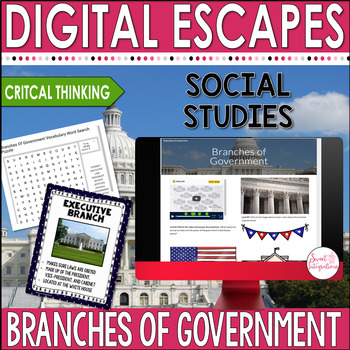

No comments